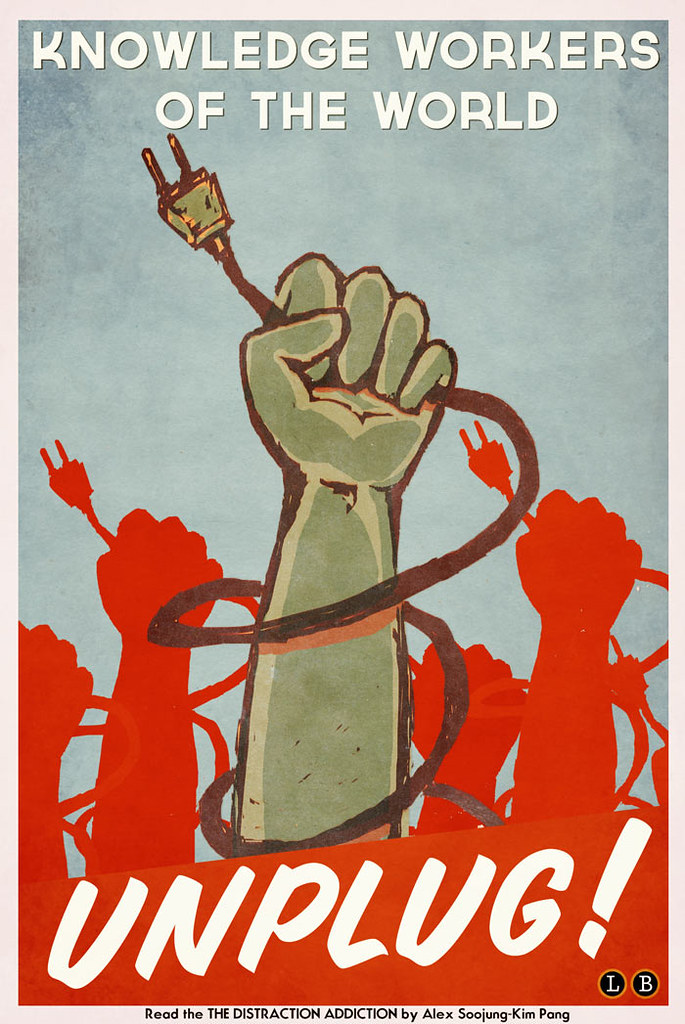This ain't my first go around. It's my 28th. The arc of this teacher's career has had distinct phases. I put them this way.
1) Survival- first year
2) Settling In- years 2-4
3) Hitting a Stride- mastering of craft -5-15
4) Unease- Is this all there is? 16-22
5) Reinventing oneself- Finding meaning and new challenges in the work. 22- 'til now.
6) A second stride.
7) The final lap.
Okay, I guessed about the final two steps because I've not really experienced them yet. Maybe there are more than what I list here. Still, this has been my journey thus far. I was clueless at the start of my career and did things that were just stupid; I survived and had good mentors. Thankyou, thankyou, thankyou, Doug Ross. As I learned my craft - praxis- and about my craft- theory, I became a fine teacher. That third stage lasted a good 10 years for me. By my late thirties I wondered about my career path. Teaching is hard in that it doesn't offer much in the way for advancement outside of administrative work. And so, my groove became a rut and I felt stuck, truly stuck.
In some ways, I'll never be the teacher I was at age 33 again. Nor do I really want to be. I was dynamic in ways I am no longer dynamic. I can still "bring it" sometimes- but I did WAY too much talking- and really couldn't do it now even if I tried- I don't have the energy. It was an "Alex show". I performed and was perceived by many as being superb at what I did. My ego and sense of self were much too wrapped up in being the "best" teacher; I intentionally cultivated a following.
That time in my career ended years ago. I was good. I was dynamic, creative, I knew my pedagogy and was popular with kids. I was zealous in pursuit of changing my school in more progressive ways. But this teaching was also so narcissistic- I was much too wrapped up in self- and I think it damaged me.
Today, I still want to bring and share my gifts with my students. Influenced by Parker Palmer, Richard Rohr and others, I've come to know joy and contentment. I want a healthy connectedness with my students. I want to share knowledge and push them to learn and experience on their own. Of course I want kids to like me and my class. They're not going to learn without feeling some level of appreciation and connection towards me. Ego still has a healthy place in all of this. But I've made ego deflation a central part of my meditative practice these past 7 years. I no longer desire to be "the best" at anything. I want meaning and joy.
While this meditation admittedly rambles about- I'm quite sure I'm not alone in experiencing an arc such as the one I describe above. A teaching career can be difficult to navigate- those heady days in which I hit my stride were such a rush! But where do you go with it? It's a dead end, but it is such a seductive dead end. I see some colleagues- young, dynamic, smart and popular- headed perhaps on my path. I hope they come out the other side feeling at ease and okay. Burn-out is an equally likely outcome.
I'm close to being an empty nester. 4 of my 5 kids are now off to college. I'll always be dad, but the
job of dad is close to being done for me. I'm almost 50 and figure I have about a third of my career left. A little euphoria akin to what I felt in my salad days of teaching will be always be nice, but I will want it to be tempered with wisdom and detachment. I look forward to that second stride.
I'll let you know how it goes.



